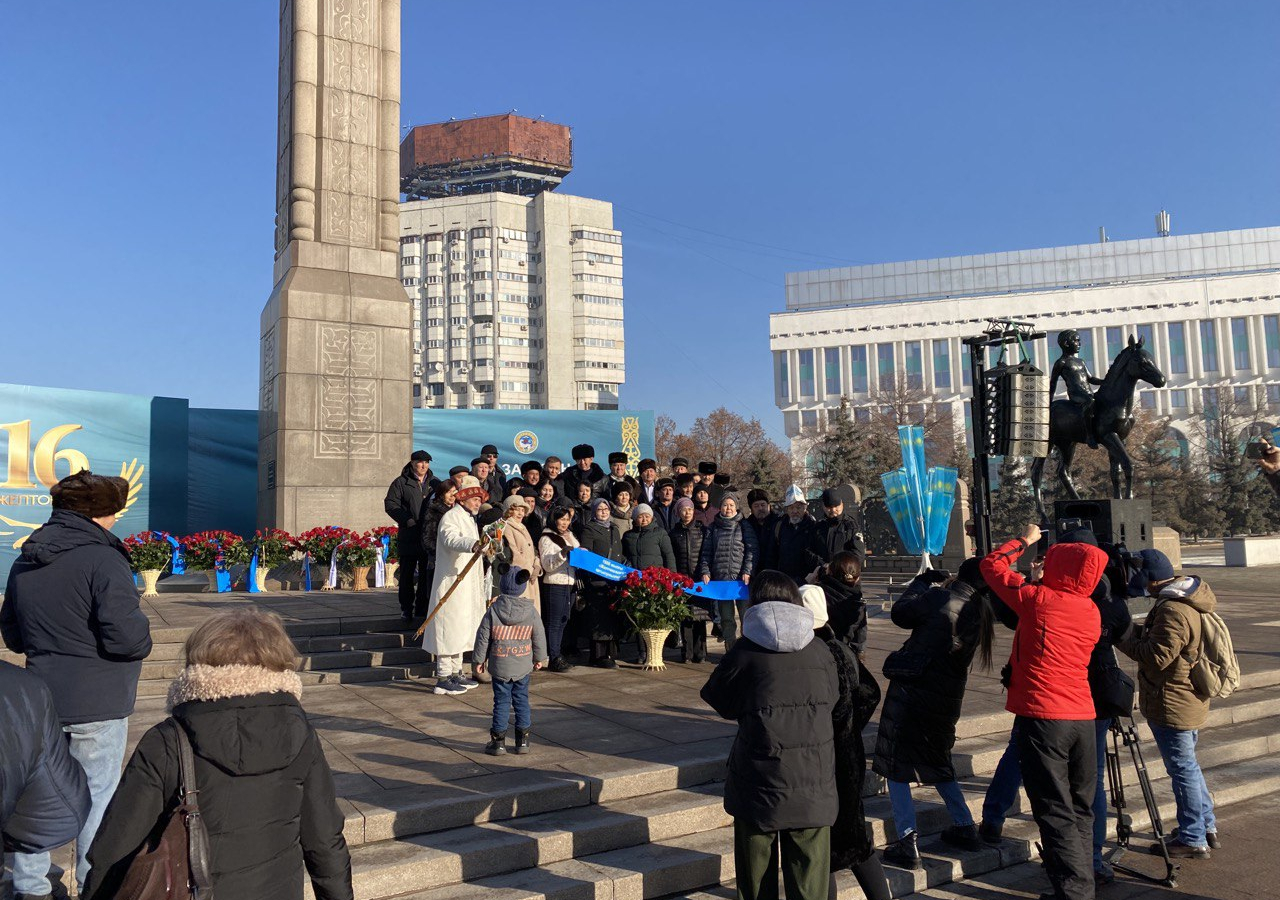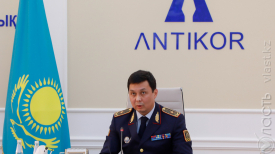On December 16, during a memorial for Independence Day, several civic activists and veterans of the 1986 revolt against the Soviet leadership voiced their slogans and called for justice and a thorough investigation of the killings during a worker strike in Zhanaozen in 2011 and across the country during Bloody January. Around midday, Oyan, Qazaqstan! activists were blocked from reaching the New Square in the center of Almaty, as at least 12 of them were detained before leaving their homes or as they approached the square. Preventive arrests have become a common method to stifle political opposition in Kazakhstan.
The Prosecutor General said on December 14 it had granted amnesty to more than one thousand people accused of petty crimes during Bloody January. Courts have considered the amnesty for some criminal cases since November 3.
At an extended government meeting on December 12, President Kassym-Jomart Tokayev said he would further reshuffle ministers and mayors early next year, as he complained that government officials have underperformed. Tokayev also scolded the management of the National Fund and the Central Bank.
KEGOC, the state-owned electricity company, said on Thursday that the supply of electricity had to be restricted due to unprecedented high demand. On December 7, the company said, electricity demand in Kazakhstan amounted to 108% of the country’s total production and Russia’s energy system provided the additional volume.
A fire at a thermal power plant in Semey, in the north-east of the country, led to a decrease in the supply of heating. The northern regions of Kazakhstan have suffered from the consequences of a -30 degrees Celsius cold snap and repeated infrastructure failures that have left households without heating.
After a first-reading approval in Parliament on December 14, Kazakhstan is poised to soon adopt a new law on personal bankruptcy. Tokayev said there are more than one million Kazakhstanis who are unable to pay back their loans. The law will allow citizens to keep part of their basic assets, should they become insolvent.
Roskomnadzor, Russia’s media censor, demanded that Vlast and other Kazakhstani media removed publications mentioning the “war” in Ukraine. Vlast has called Russia’s aggression into Ukrainian territory a war since February 24 and does not plan to change its editorial policy to comply with the demands of a Russian government agency.
On December 12, real estate developers in Astana won an appeal against the protection of some of the bodies of water, constituting the Malyi Taldykol lake system in the capital city. Developers had started draining the water from Malyi Taldykol in 2020, in March residents and environmental activists had managed to convince the city court to establish water protection zones in an effort to save at least part of the lake system. The decision was now reversed.
On December 15, BTA Bank won one of several lawsuits filed against its former owner, Muktar Ablyazov, an ex-banker and political opposition figure wanted in Kazakhstan. A New York court fined Triadou SPV, a Luxembourg-registered company linked to Ablyazov, for a total of $218 million in damages. Ablyazov is accused of stealing billions from the bank and using shell companies such as Triadou to launder the funds. BTA Bank is now owned by Kenes Rakishev, one of Kazakhstan’s richest.
Ablyazov saw his appeal to reinstate his refugee status in France rejected late last Friday. France’s judiciary had repealed his refugee status in 2021. Ablyazov served three years in prison in France for embezzlement, between 2013 and 2016.
An oil company in the western region of Mangistau threatened to sue some of its workers for libel, saying they were spreading false information. The workers went on strike in October calling the management to double their salaries, which ranged between $238 and $380 per month. The company said the average pay amounts to $450 per month.
Поддержите журналистику, которой доверяют.








